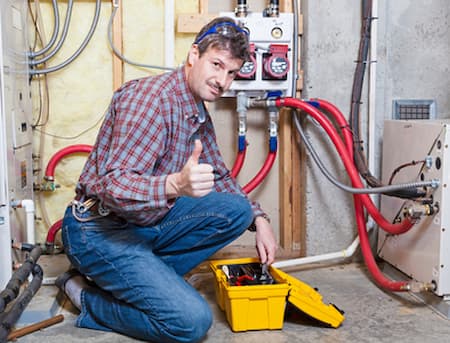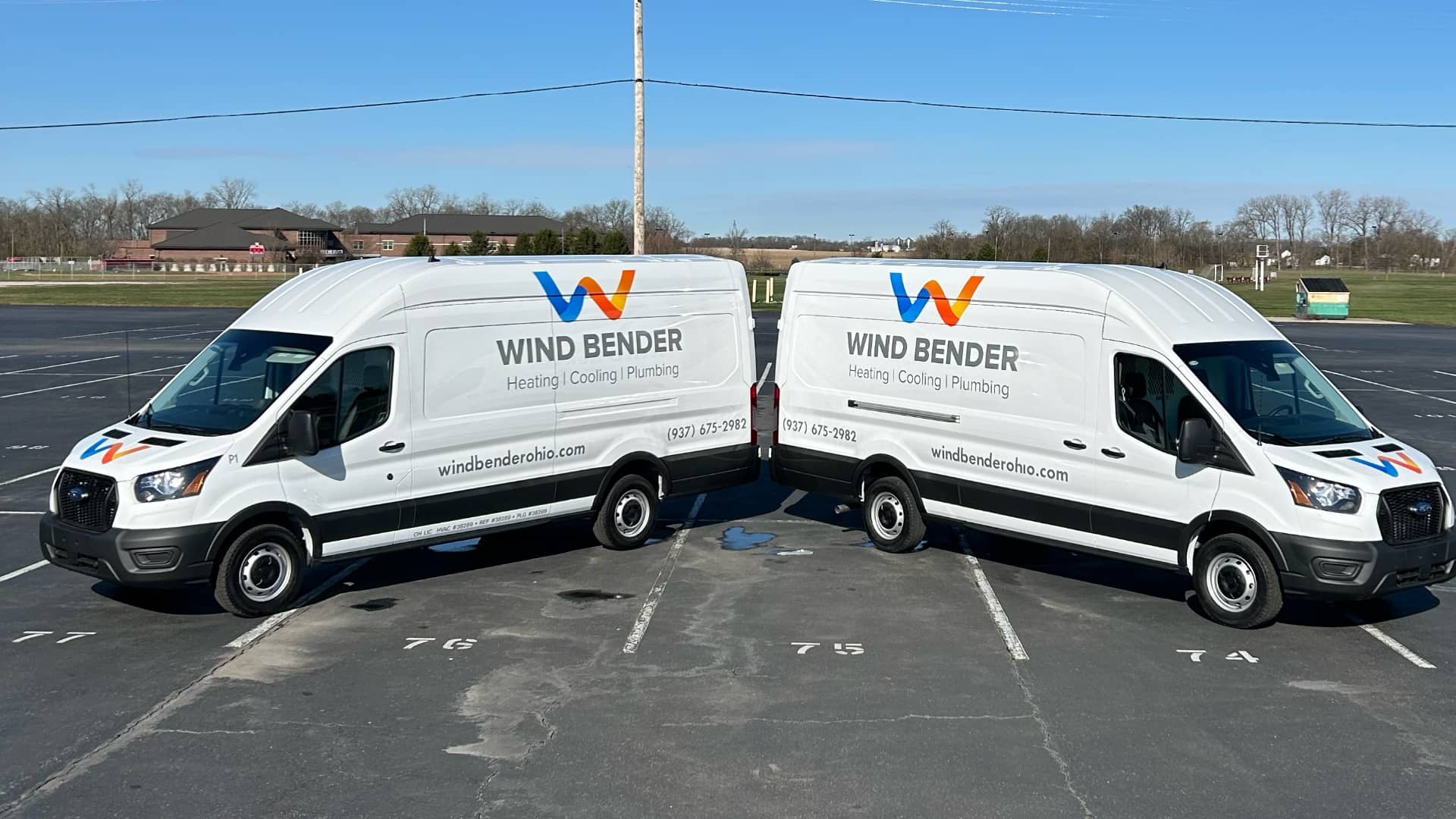Geothermal Repair & Installation To Help Dayton Homes Harness The Earth's Energy

Geothermal systems offer a revolutionary way to tap into the Earth's renewable energy, providing efficient heating and cooling for residential spaces in Dayton. Our geothermal repair and installation services are tailored to maximize the benefits of this eco-friendly technology. Whether it's diagnosing and fixing existing geothermal systems or installing new ones, our expert technicians ensure optimal performance and energy savings.
By harnessing the Earth's natural heat, Dayton homes can reduce their carbon footprint and lower energy costs. Experience the power of geothermal solutions with our reliable services designed for sustainability and comfort.
New Geothermal Installation Experts
As the premier HVAC company for Dayton, we are your trusted experts in new geothermal installations. Our team specializes in harnessing the Earth's renewable energy to provide efficient heating and cooling solutions for residential properties. With our expertise, we ensure seamless integration of geothermal systems, maximizing energy savings and environmental benefits for Dayton homeowners.
From system design to installation and ongoing maintenance, we prioritize quality and customer satisfaction. Experience the latest in sustainable HVAC technology with our new geothermal installation services, tailored to meet the unique needs of Dayton's climate and energy requirements.

Contact the Professional & Reliable HVAC & Plumbing Experts Today!
Providing Top-Quality Geothermal Preventative Maintenance
Our commitment to top-quality geothermal preventative maintenance extends to optimizing heating efficiency for your property. With regular inspections, cleaning, and adjustments, we keep your geothermal heating system running at peak performance. Our skilled technicians identify potential issues early, preventing costly repairs and maximizing energy savings.
By addressing wear and tear proactively, we extend the lifespan of your geothermal heating system, providing reliable comfort year-round. Trust us to deliver meticulous preventative maintenance that ensures optimal heating performance and peace of mind for your home or business.
Frequently Asked Geothermal Repair & Installation Questions
Geothermal systems harness the constant temperature of the Earth below the surface. They use a series of pipes, called loops, buried underground to transfer heat to or from the ground. In heating mode, the system extracts heat from the ground and delivers it to the home. In cooling mode, it removes heat from the home and transfers it back to the ground.
Geothermal systems are highly efficient and environmentally friendly. They use renewable energy from the Earth, reducing reliance on fossil fuels and lowering carbon emissions. They also provide consistent heating and cooling year-round, with lower operating costs compared to traditional HVAC systems.
The duration of a geothermal installation depends on factors like property size and soil conditions. On average, the installation process can take anywhere from a few days to a couple of weeks. It involves drilling or digging trenches for the loop system, installing the heat pump unit inside the home, and connecting the components for a fully functional system. Professional installers ensure that the system is correctly sized and installed for optimal performance.
DON'T WAIT! CONTACT WIND BENDER HEATING COOLING PLUMBING LLC FOR ALL YOUR HEATING, COOLING, AND PLUMBING NEEDS IN DAYTON